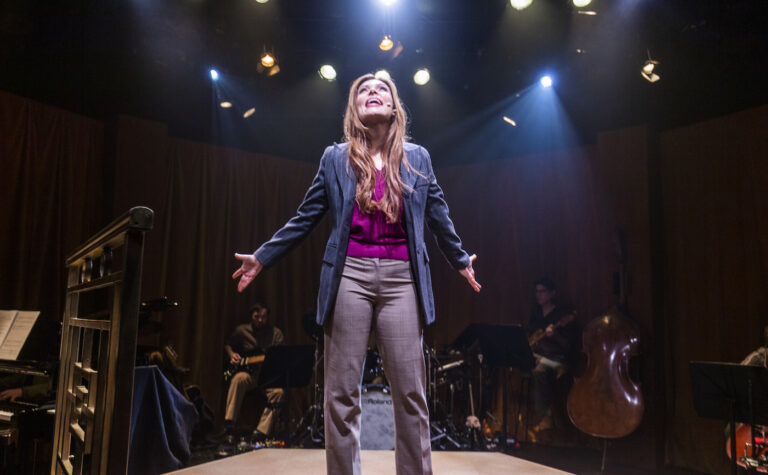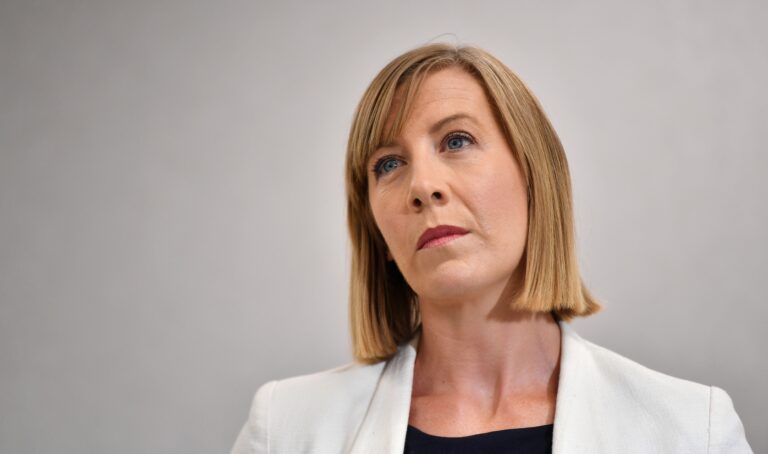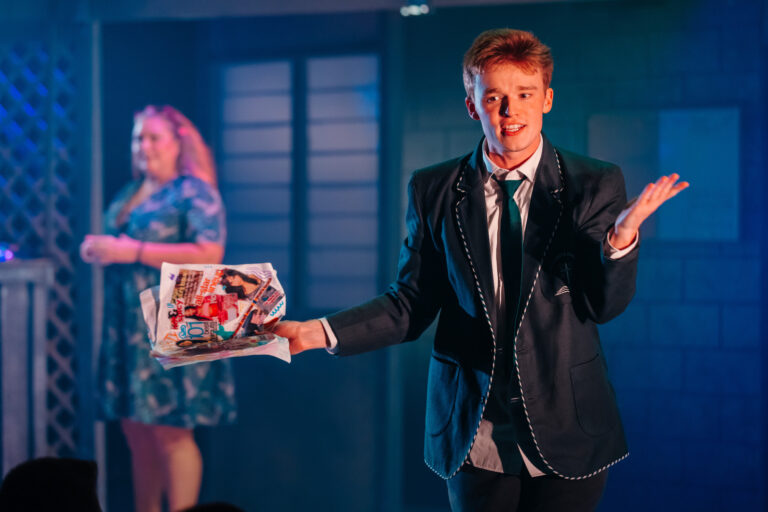
Rally to decriminalise abortion
By KATHERINE RAJWAR
A 17-year-old Catholic school girl, Bella Ziade, sparked a renewed push for decriminalisation of Abortion Laws in New South Wales when she organised the My Body My Choice rally on June 9 in Sydney. Armed with megaphones and signs declaring “Keep your dirty laws off my silky draws” and “Ovary-acting? I think not!”, an estimated 3000 protesters marched through Sydney calling for the decriminalisation of abortion in NSW.
The student conceived of the march after her social media was inundated with reports of the ‘Heartbeat Bill’ in Alabama, where all abortions are banned, including in cases of rape or incest.
“Organising the march was a product of my emotional reaction,” she said. “I was seeing what was going on in the USA; I felt targeted, angry.
“We are so influenced by everything American, I was scared it could easily happen here, because it’s already so restrictive in NSW,” Ziade said.
Restrictive abortion laws in NSW
In New South Wales, abortion is classed as an offence under the NSW Crimes Act, and can only be legally performed if a doctor deems a woman’s physical and mental health at risk.
Socioeconomic factors may also be considered.
Ziade worries that these laws are detrimental to anyone wanting ‘basic healthcare’, especially vulnerable individuals. “It’s scary because it could be my reality, it could be anyone’s,” she said. “Abortion is fundamentally a choice, it’s a right to anyone with a uterus.”
Despite the challenges she faced after organising the march, Ziade is resilient. “I was getting online hate, from intense pro-life people.
“[Some] boys have been difficult because they will never experience it,” she added. “There was a Facebook event started by a bunch of schoolboys in retaliation, called ‘My Foreskin my Choice’. It reduced my intent to a total joke; I just came home and cried.”
Anisa Assifi, research assistant at Australian Center for Public and Population Health Research, believes “services that do provide abortions are taking great risks for themselves, from a legal standpoint, and they have huge policies in place to protect themselves.”
Assifi, undertaking a PhD with a focus on adolescent access to abortions, worries that the financial burden of an abortion acts as another barrier to lower socio-economic people.
“The higher the gestational age, the more expensive abortions are,” she said. “If a woman tries to book an appointment thinking she is about 12 weeks pregnant, it will cost 500 dollars upfront. But, after an ultrasound, she finds out she’s actually 14 weeks pregnant, it is going to cost her 700 dollars… By the time she’s got that money, she’s 16 weeks pregnant, so it’s going to cost her 1500 dollars.
“The huge issue with cost is you have to pay upfront,” she continued, “because the majority of services in NSW are privately run. There is no legislation around this being a normal part of healthcare, so they can charge whatever they want.”
The June 9 rally stirred debate in NSW. Bethany Marsh, Chairperson of LifeChoice Australia, a student-based pro-life organisation opposing abortion, said, “We believe that human life does begin at conception, so if a foetus is a human life, and abortion ceases that life, we should consider abortion to be about human rights of the child.”
The small group of pro-life advocates attended the decriminalise abortion rally attempting to ‘speak for the unborn child’. Marsh responded to protesters angered by her organization’s presence.
“Decriminalisation would be a terrible idea,” she said, “it dehumanises the unborn child; it would have detrimental effects in NSW.
“The result would be similar to what happened in Victoria and Queensland, abortion will no longer be used for what it was supposed to be… to protect the life of the mother, but it’ll become used as a contraception method, just birth control.”
Change doesn’t come with complacency
This is not the first time abortion in NSW has been on the political agenda. In 2017, Greens’ senator Mehreen Faruqi’s bill to decriminalise the procedure was defeated 25 to 14 in the NSW Upper House.
However, Penny Sharpe MLC, Interim Leader of the NSW Labor party, is hopeful that we will see another bill on the table this year.
“In NSW, momentum is heading the other way, we are going towards decriminalisation,” she said. “There is a broad spectrum of MPs across the political divide who are committed to seeing that happen within this term of parliament.”
Last year Sharpe successfully implemented legislation that provided a 150m safe zone around abortion clinics. She attests to the failure of Ms Faruqi’s bill to an oversaturation of Conservative MPs.
Sharpe argues that decriminalisation alone is not enough and that abortions need to be offered in public hospitals.
“We need to get it out of the Crimes Act, recognising abortion as a normal procedure, which hospitals should be providing,” she said.
“Australians are very proud of our universal health care system, the idea that it doesn’t matter how much you earn, you can get the healthcare you need,” she said.
“Abortion is one of the only parts of the healthcare system, that women are forced into the private sector, which is very expensive..”
The June 9 rally concluded at Sydney Town Hall, with Bella Ziade standing jubilantly on the stairs in front of the crowd. “We must not put this issue in the back of our pockets,” she said as the protesters roared in agreement. “This is the start of change… you do not make a change by being complacent.”









